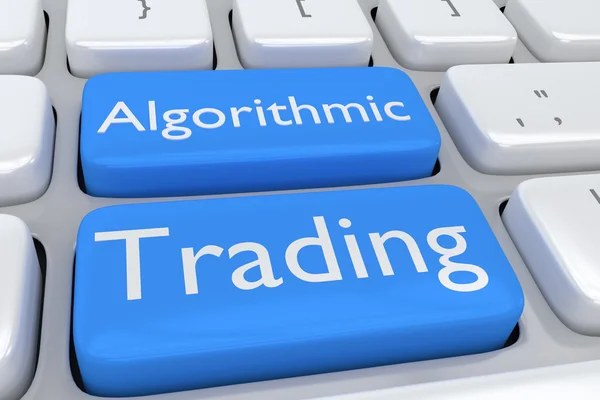The Pros and Cons of Algorithmic Trading

Algorithmic trading is a computer-based trading system that uses mathematical algorithms to make decisions about buying and selling stocks, currencies, and other financial instruments. It is a popular method of trading among professional traders, hedge funds, and investment banks. Algorithmic trading has several advantages and disadvantages that traders need to consider before using it.
The Pros of Algorithmic Trading

- Speed: One of the biggest advantages of algorithmic trading is speed. Algorithmic trading systems can analyze vast amounts of data and execute trades much faster than humans can. This speed can help traders take advantage of market opportunities before they disappear.
- Accuracy: Algorithmic trading systems are designed to follow specific rules and algorithms. This means that they can execute trades with a high degree of accuracy and consistency. This can help traders avoid emotional trading decisions and stick to their trading plan.
- Backtesting: Algorithmic trading systems can be backtested using historical data to see how they would have performed in the past. This can help traders refine their trading strategies and improve their performance over time.
- 24/7 Trading: Algorithmic trading systems can trade 24/7 without the need for human intervention. This means that traders can take advantage of market opportunities around the clock.
- Diversification: Algorithmic trading systems can be designed to trade multiple markets and financial instruments simultaneously. This can help traders diversify their portfolio and reduce their overall risk.
The Cons of Algorithmic Trading

- Complexity: Algorithmic trading systems can be complex and difficult to understand. Traders need to have a good understanding of programming languages and financial markets to create effective trading systems.
- Cost: Algorithmic trading systems can be expensive to develop and maintain. Traders need to have a significant capital investment to create effective trading systems.
- System Failures: Algorithmic trading systems can experience system failures or technical glitches that can result in significant losses. Traders need to have adequate risk management strategies in place to manage these risks.
- Market Volatility: Algorithmic trading systems can be vulnerable to sudden market volatility or unexpected news events. Traders need to have effective risk management strategies in place to manage these risks.
- Lack of Human Judgment: Algorithmic trading systems rely on mathematical algorithms to make trading decisions. They do not take into account human judgment, which can be important in certain market conditions.
Algorithmic trading has several advantages and disadvantages that traders need to consider before using it. While it can provide traders with speed, accuracy, and backtesting capabilities, it can also be complex, expensive, and vulnerable to system failures and unexpected market events. Traders need to have a good understanding of programming languages and financial markets to create effective trading systems and have adequate risk management strategies in place to manage the risks associated with algorithmic trading.


















